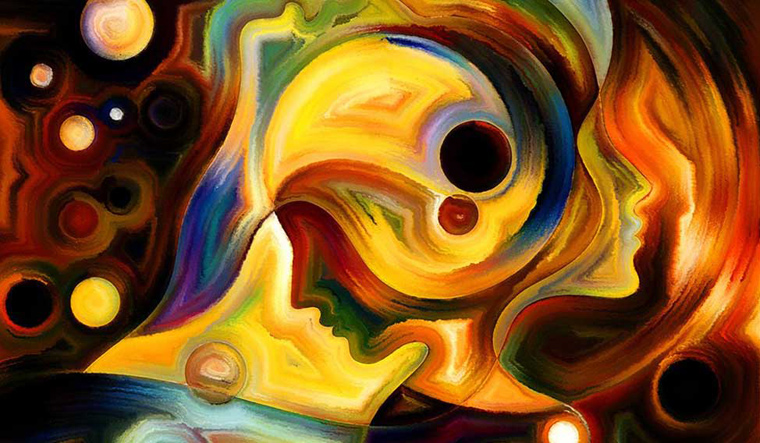The Mental Healthcare Act, 2017, will make it difficult to treat patients, Dr Nimesh Desai, director, Institute of Human Behaviour and Allied Sciences, said.
At a discussion on the Burari suicide case held at the Indian Women’s Press Corps, Delhi, Desai said that the Mental Healthcare Act, that was notified last month, has a provision where individuals have a right to give “advanced directive” specifying their treatment preferences.
“Now, this means that a person who is suffering from a psychiatric disorder, may say that they don’t wish to be treated. There are several psychiatric disorders where patients are in denial and refuse treatment. In such cases, we won’t be able to help them anymore,” he said.
Desai said that the recent case in Burari, where a family of 11 committed suicide was one such example. In a case such as this, where one of the family member was suffering from a psychiatric disorder—but never received any treatment due to several factors including stigma, lack of awareness—the new mental healthcare law would make it even tougher for them to be treated.
“The new act is heavily influenced by the western model of mental healthcare. It is based on a rights framework, and gives the individual total autonomy over themselves. This means that I may be suffering but refuse to get treated because the law allows me to do so,” he said.
According to the new law, in such cases, Desai said that even if a doctor, or the patient’s family, felt that treatment was necessary they would have to approach a Mental Health Review Board to get permission. This would further prevent patients from receiving treatment.
Desai also said that while the new law had its positives such as the clause that decriminalises suicide, issues pertaining to advance directives and the five-member review board would pose a challenge in its implementation.
“We are aping the West when it comes to mental healthcare. In the US and the UK, there is over-psychiatry. People turn to mental health professionals for minor issues. Now, such things are being unnecessarily promoted in India too by the pharmaceutical lobby and some psychiatrists,” he said.
Those who really need treatment such as the mentally ill homeless persons, are still not getting treated.


